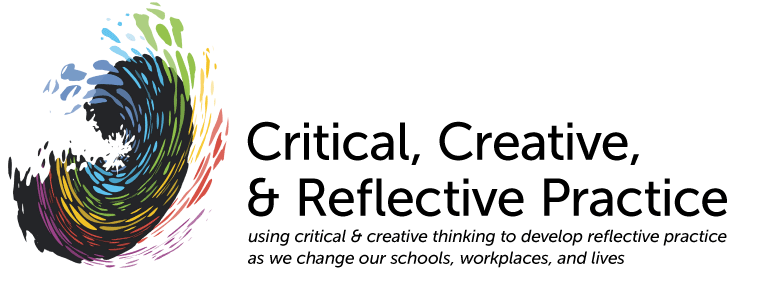Steps, Fall 08
CCT administrative matters completed
6. Description of CCT specialties
We don't really offer the courses or advising that match our listed areas of specialization, so we agreed to bring them in line with the emphases we have in the certificate.
Old wording
M.A. students complete four foundation courses, three electives, and three final required courses including a capstone thesis or synthesis. The elective courses offered specifically address four areas in which students apply critical and creative thinking skills: moral education; literature and arts; mathematics, science, and technology (including sub-specialities in science in society, and environment, science, and society); and workplace and organizational change. Additional areas of specialization can be constructed through cooperation with other UMass Boston graduate programs, such as Instructional Design, Special Education, Educational Administration, and Dispute Resolution.
New wording
submitted for upcoming Grad. Bulletin
M.A. students complete four foundation courses, four electives, and three final required courses including a capstone synthesis. The elective courses allow students to define specific areas in which they explore their CCT-related interests, for example, "creative thinking at work," "science in a changing world," "gifted and talented education," "critical and creative thinking in literature/arts/music," "dialogue and collaboration in organizational change." Areas of specialization may be constructed through cooperation with other UMass Boston graduate programs, such as Instructional Design, Special Education, Public Policy, and Dispute Resolution.
